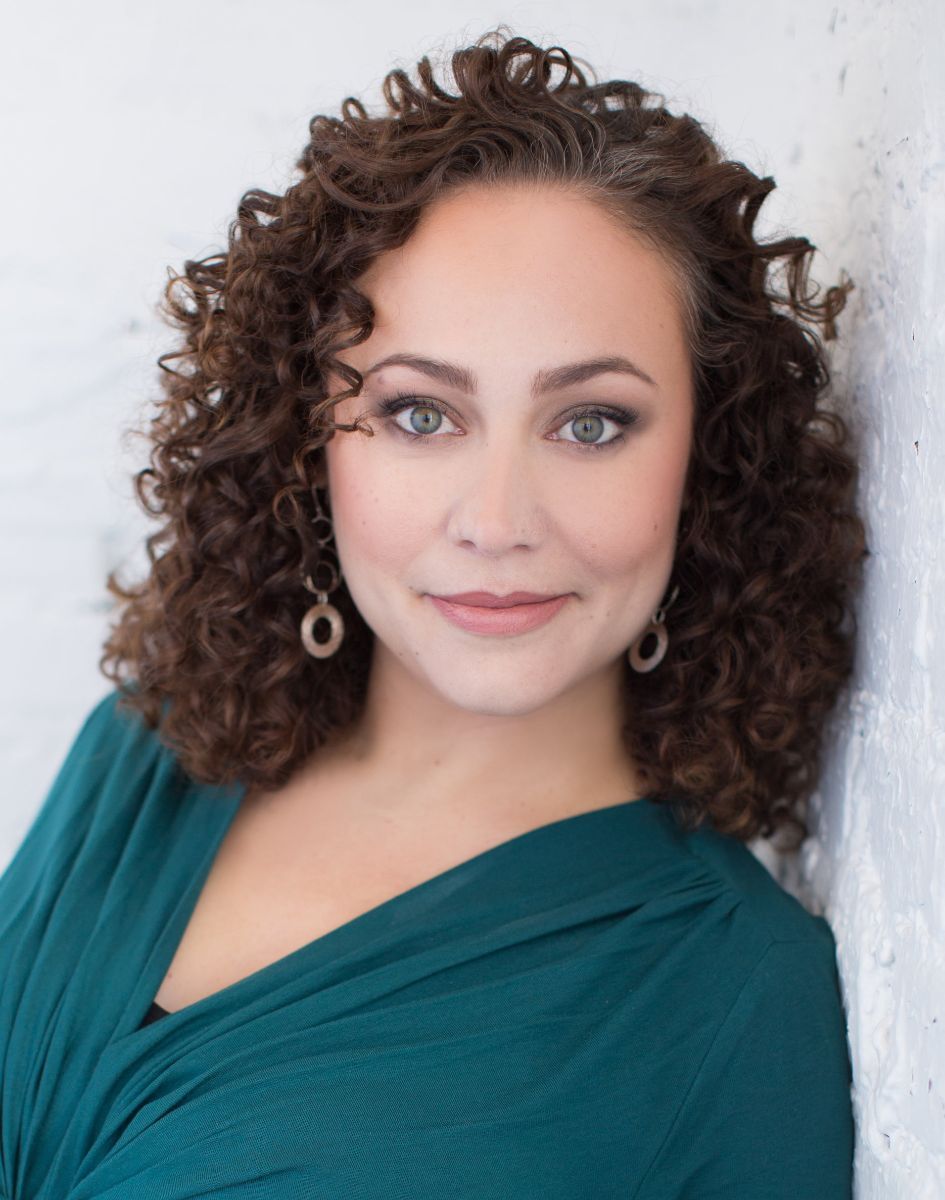GA Safety Promise Statement from Georgia Bio

Dear Members and Partners,
The Center for Global Health Innovation and Georgia Bio advocate for science, communities, and global health. We believe science must be at the forefront of COVID-19 response and all worldwide health issues.
We believe in science, and we believe in communities. For the businesses who call these communities ‘home,’ science and public health recommendations are more important than ever in helping business owners and essential workers combat COVID-19.
For these reasons, we have signed the Georgia Safety Promise , a statewide public-private partnership that encourages businesses and communities to agree to simple, but critical, measures that will keep communities safe. Our collective knowledge of science shows us that the measures outlined in the Safety Promise are the best way to combat COVID-19 and its impact on our state.
The health and safety of our member companies’ employees is top of mind. We are concerned that any increase in COVID-19 cases in Georgia could impact the important work that the biopharmaceutical and MedTech companies are doing. Georgia companies and institutions have enhanced research and manufacturing capabilities for vaccines and treatments for COVID-19. Our member companies are committed to continuing the important work they do in Georgia, which is critical to our collective success to ultimately have a vaccine and treatment for COVID-19.
We encourage our partners and members to join us in supporting science by signing the Safety Promise. Wearing face coverings, washing your hands, sanitizing surfaces, and staying six feet apart are scientifically proven to reduce transmission of this virus.
I would like to also bring to your attention a new national public health campaign designed to mobilize support for vaccines. The Public Good Projects (PGP) in partnership with BIO launched a national public health campaign called STRONGER —a first-of-its-kind effort designed to combat the spread of vaccine misinformation online.
STRONGER provides a guide for individuals to combat misinformation, explaining how to spot it, and then block, hide, report, or respond to false posts with facts and a list of trusted experts as a resource for good information on vaccines on social media.
For more information, visit www.stronger.org and follow STRONGER on Facebook , Twitter , Instagram and YouTube. And don’t forget…follow us in signing the Safety Promise. Follow us in supporting the science.
Sincerely,
Maria Thacker-Goethe
President and CEO
Georgia Bio | Center for Global Health Innovation
Atlanta, Georgia
The post GA Safety Promise Statement from Georgia Bio appeared first on Georgia Bio.





